Intel Xeon E Six-Core Review: E-2186G, E-2176G, E-2146G, and E-2136 Tested
by Ian Cutress on November 5, 2018 12:00 PM EST- Posted in
- CPUs
- Intel
- Xeon
- Enterprise CPUs
- Xeon E
Test Bed and Setup
As per our processor testing policy, we take a premium category motherboard suitable for the socket, and equip the system with a suitable amount of memory running at the manufacturer's maximum supported frequency. This is also typically run at JEDEC subtimings where possible. It is noted that some users are not keen on this policy, stating that sometimes the maximum supported frequency is quite low, or faster memory is available at a similar price, or that the JEDEC speeds can be prohibitive for performance. While these comments make sense, ultimately very few users apply memory profiles (either XMP or other) as they require interaction with the BIOS, and most users will fall back on JEDEC supported speeds - this includes home users as well as industry who might want to shave off a cent or two from the cost or stay within the margins set by the manufacturer. Where possible, we will extend out testing to include faster memory modules either at the same time as the review or a later date.
| Test Setup | |||||
| Intel Xeon | E-2186G E-2176G E-2146G E-2136 |
Supermicro X11SCA-W |
v1 | TRUE Copper | Corsair Ballistix 4x4GB DDR4-2666 |
| E3-1280 v5 E3-1275 v5 E3-1270 v5 |
GIGABYTE X170-Extreme ECC |
F21e | Silverstone AR10-115XS* |
G.Skill RipjawsV 2x16GB DDR4-2133 |
|
| Intel | i9-9900K i9-9700K i9-9600K |
ASRock Z390 Gaming i7 |
P1.70 | TRUE Copper | Crucial Ballistix 4x4GB DDR4-2666 |
| Intel | i7-8086K i7-8700K i5-8600K i5-8400 |
ASRock Z390 Gaming i7 |
P1.70 | TRUE Copper | Crucial Ballistix 4x4 GB DDR4-2666 |
| AMD | Ryzen 7 2700X Ryzen 5 2600X |
ASRock X370 Gaming K4 |
P4.80 | Wraith Max* | G.Skill SniperX 2x8GB DDR4-2933 |
| GPU | Sapphire RX 460 2GB (CPU Tests) MSI GTX 1080 Gaming 8G (Gaming Tests) |
||||
| PSU | Corsair AX860i Corsair AX1200i |
||||
| SSD | Crucial MX200 1TB | ||||
| OS | Windows 10 x64 RS3 1709 Spectre and Meltdown Patched |
||||
| *VRM Supplimented with SST-FHP141-VF 173 CFM fans | |||||
Many thanks to...
We must thank the following companies for kindly providing hardware for our multiple test beds. Some of this hardware is not in this test bed specifically, but is used in other testing.


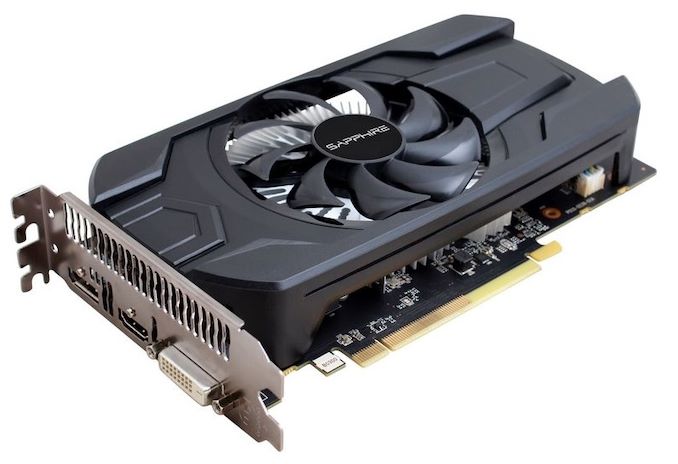
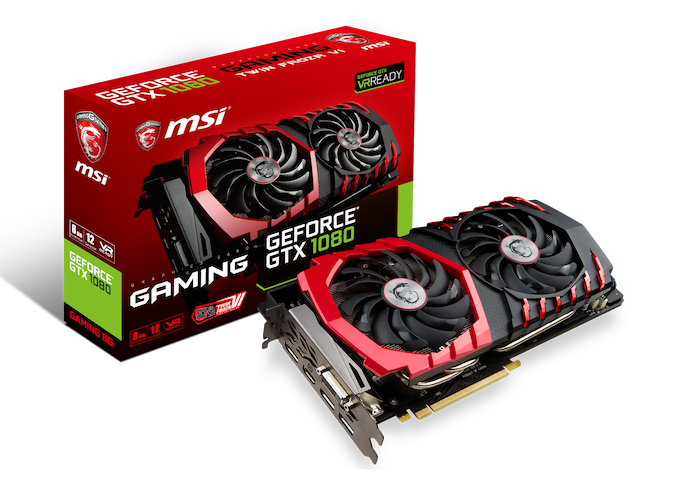
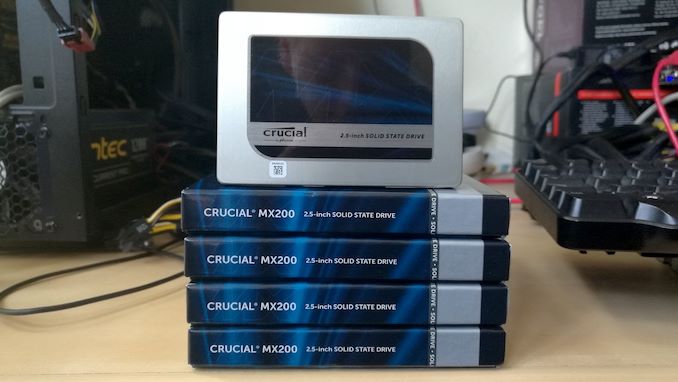
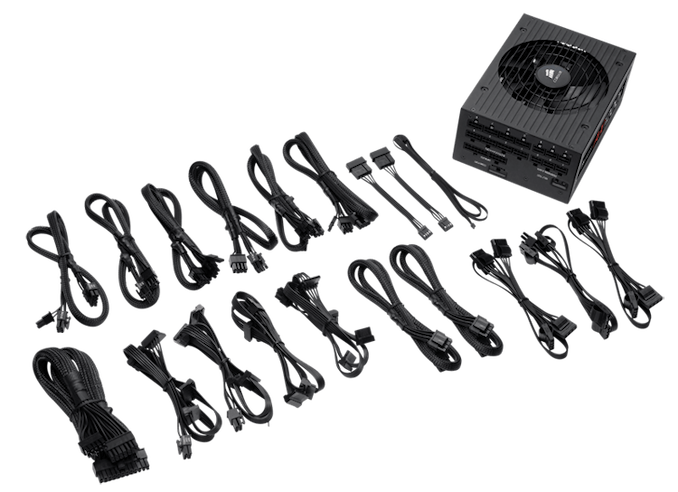
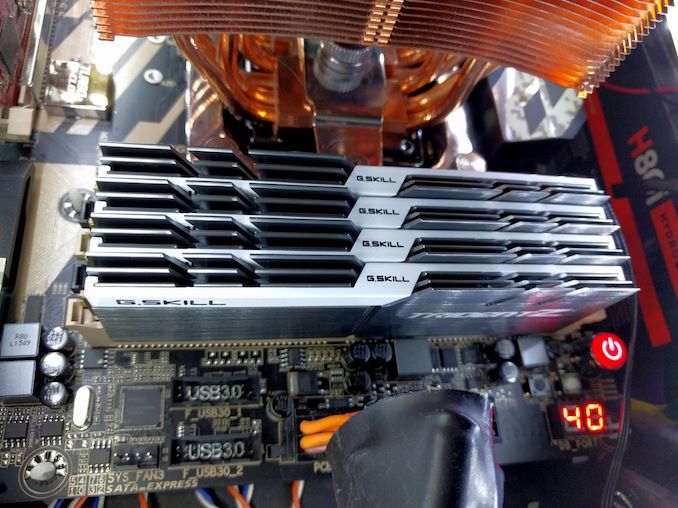
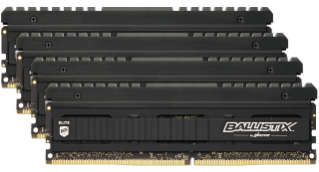
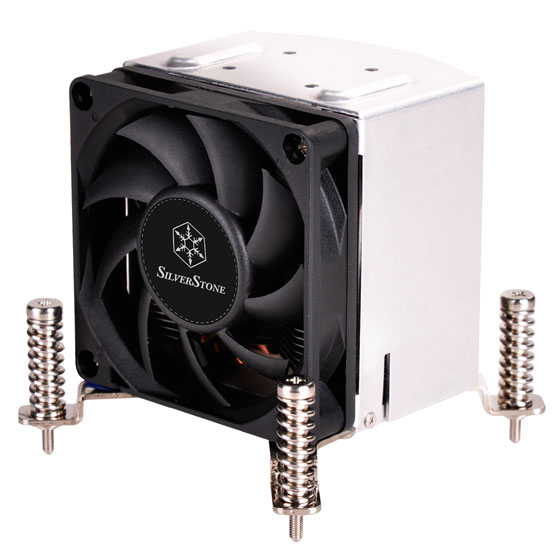
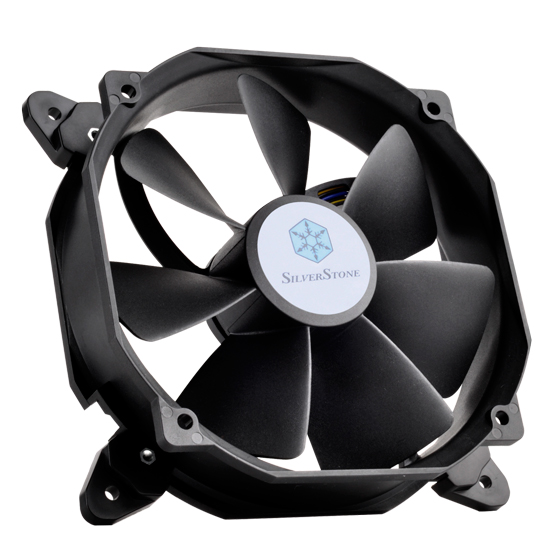








48 Comments
View All Comments
A5 - Monday, November 5, 2018 - link
Smaller/cheaper systems for places that still self-host? Not everyone needs (or has the budget for) a 28-core monster box.I have to admit I'm not sure why it gets a 21-page AT writeup, but I think their low-end enterprise tests do decent traffic.
jtd871 - Monday, November 5, 2018 - link
Ya, and there are still a truly dizzying array of SKUs on display here when only maybe 4 might be justifiable for a 6-core workstation CPU market. Gotta love product segmentation.speculatrix - Tuesday, November 6, 2018 - link
I agree, small businesses (like me) want a small dev server to run VMs, and an eight core (no HT) single socket box could be reasonably cost effective. There's a big jump in pricing to dual socket high core counts.notb - Wednesday, November 7, 2018 - link
These CPUs are primarily designed for workstations and purpose built servers. There is quite a huge market between home PCs and AWS datacenters. :-PThere are multiple scenarios for which these Xeons will be the most cost-effective or even the fastest ECC-enabled CPUs available. Intel can provide a perfect CPU for a particular use case, so they do. :-)
twtech - Sunday, November 18, 2018 - link
Workstation reliability. Consumer class systems are pretty reliable, but Xeons with ECC even more so.Azurael - Monday, November 5, 2018 - link
So am I reading this correctly: Intel expects people to pay extra for old Coffee Lake chips and buy a more expensive, niche motherboard just to get ECC support when every single AMD Ryzen CPU supports ECC?That would be laughable if the 'free' market actually worked, but given the fact that Intel commands such control over the system integrators and the PC industry as a whole, SIs aren't even marketing AMD hardware to their business customers (or home users for the most part, for that matter...)
kpb321 - Monday, November 5, 2018 - link
Intel has always loved to charge extra where ever they can. ECC, Virtualization and any number of other things over the years so that really isn't a surprise. On the Ryzen side my understanding is that while AMD doesn't disable it in the CPUs most consumer motherboards don't support ECC as it requires some extra memory traces. So while the AMD situation is better you can't just use ECC in any random Ryzen system.Azurael - Monday, November 5, 2018 - link
AFAIK you are correct in that actual VIOS-side support is hit and miss and rrequires motherboard manufacturers to actually implement the watchdog calls to halt the system on a double fault (although ECC does correct single bit faults without any intervention so long as it's working.) but it requires no extra hardware and would be easily implemented by an SI trying to sell a complete Ryzen system to a customer, so that's really no excuse.Azurael - Monday, November 5, 2018 - link
*BIOS-side, obviously (technically wrong anyway but I guess we can consider EFI a type of BIOS if we aren't going by strict definitions.) Stupid on-screen keyboard.kpb321 - Monday, November 5, 2018 - link
Doesn't it also require additional traces on the MB to transmit the ECC info as the memory controller is doing the ECC calculation and checking not the memory module itself?